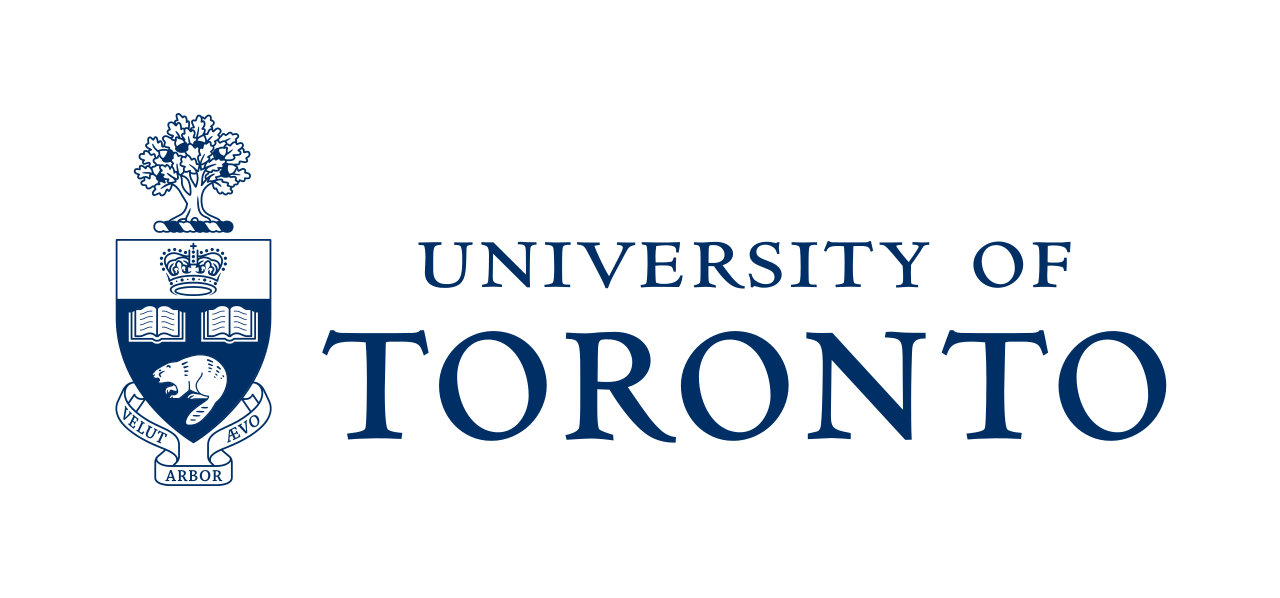Instructor Information
Name: Nisarg Shah (Webpage)
Course Email: csc2421-2024-01@cs.toronto.edu (Do NOT send course related emails to my personal email address, otherwise you may not get a response.)
Office: SF 3312 (do not drop by unless you have scheduled a meeting with me)
Important Links
Course Page: This page!
Discussion Board: Piazza
Online Homework Submission: MarkUs
Course Syllabus: Information Sheet
Course Delivery
Lectures: Thu 13-15,
Office hours: Send an email to the course email to schedule a 1-1 appointment.
Grading Scheme
Two assignments: 40% (20% each)
Final project 50%
Class participation: 10%
Approximate Due Dates
Assignment 1: Feb 25
Assignment 2: Mar 31
Project proposal: Mar 1
Project presentation: Last two scheduled lectures
Project report: April 10
Course Learning Goals
By the end of this course, you should be able to:
- recognize and understand various mathematical notions of fairness across a range of algorithmic decision-making problems,
- reason about the relations between different fairness notions,
- prove or disprove that an algorithm satisfies a fairness notion,
- design algorithms satisfying given fairness notions or prove the impossibility thereof,
- understand societal implications of imposing (or not imposing) fairness.
Textbooks
The primary reference for this course will be the slides uploaded by the instructors. In addition, you should refer to the following textbooks. Readings from these books will be posted along with each lecture.
- [CSC] Handbook of Computational Social Choice edited by Felix Brandt, Vincent Conitzer, Ulle Endriss, Jérôme Lang, and Ariel D. Procaccia. Online Version
- [FML] Fairness and Machine Learning: Limitations and Opportunities by Solon Barocas, Moritz Hardt, and Arvind Narayanan. Online Version
- [EA] The Ethical Algorithm by Aaron Roth and Michael Kearns.
